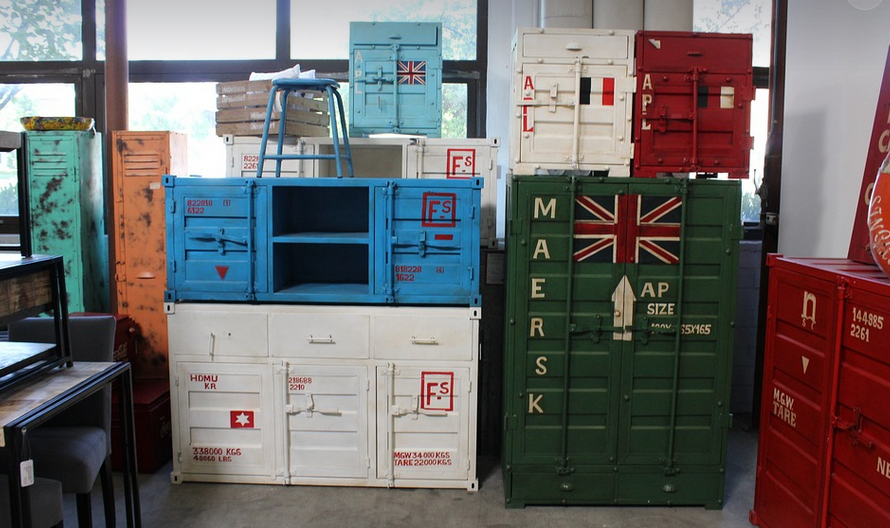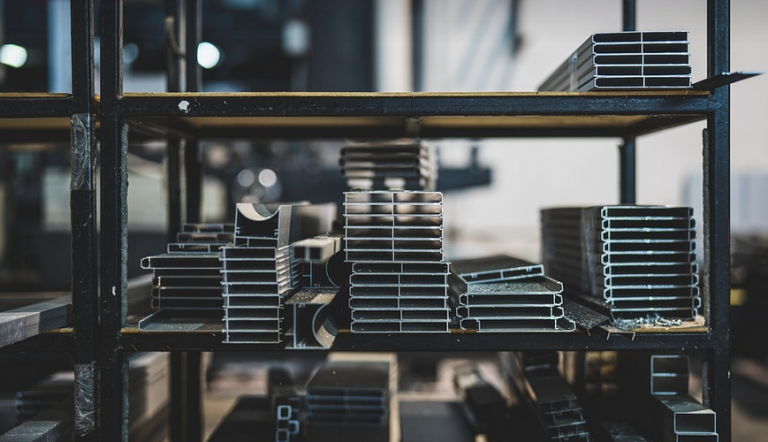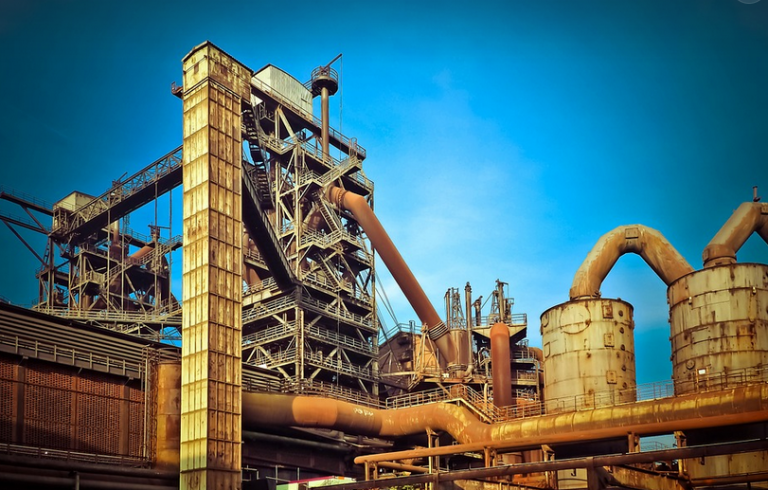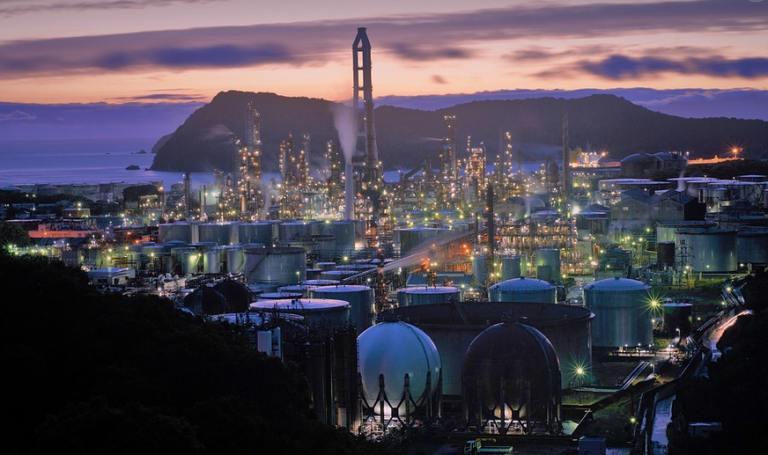
Trash Talk: How to Go Deeper Than Just Sorting
We all know the drill. Throw things into the recycling bins – that’s what we’re taught, right? But let’s get real for a second. We live in an age where awareness of environmental issues has grown exponentially, and with it, our understanding of proper waste management. It goes beyond simply tossing recyclable items into the blue bin; there’s a whole world of conscious recycling out there that deserves your attention.
It’s like taking your recycling to the next level, going from “I put this in the blue bin” to “I know exactly where it fits and why.” It starts with understanding the true complexities of the waste stream. For instance, have you ever paused to consider what happens to those plastic bottles after they’re tossed into the bin? Do they magically transform into brand-new products? Well, not quite.
The journey of a single bottle can be surprisingly complex. It might start as recycled material in one factory and end up as a cleaning product container in another, or even transformed into something entirely different through the magic of modern manufacturing. This process is far more intricate than just tossing them into the recycling bin.
What’s fascinating about this deeper dive into recycling is that we start to see beyond the simple act of sorting. Instead of focusing solely on “can I recycle this?”, we begin asking questions like, ‘Where does the material go? What happens to it?’ And ‘How can I contribute to a more sustainable future through my choices?’.
Think about a common item – a yogurt container, for example. It’s not just something you throw away; it has a journey. It starts as a raw material in a factory, undergoes processing, and eventually finds its way into your kitchen, ready to be enjoyed with a delicious breakfast. However, this process also raises questions about the environmental impact.
The production of that container might have required significant resources, energy, and even transportation. And then there’s the question of material sourcing – where did the raw materials for manufacturing come from? Did they come from local sources or from far-flung places? This awareness of the complete lifecycle of the yogurt container helps us appreciate how our everyday choices impact the environment.
It’s about more than just sorting. It’s about understanding the interconnectedness of everything, from food production to transportation. It’s about making conscious decisions that minimize environmental damage and contribute to a sustainable future.
The real magic lies in the journey itself. It’s not about getting lost in the maze of recycling complexities but using that knowledge as fuel for positive action. With each step taken, we become more informed citizens of the planet, ready to make a difference.
Rethinking Recycling: The Power of Choice
So, how can you go beyond just tossing things into the bin? Here are some ways you can start exploring the world of conscious recycling:
**1. Research and Learn:** Dive deeper into your local waste management systems. Explore what materials are accepted for curbside pickup, what happens to materials after they’re collected, and how different processing facilities recycle various types of waste.
**2. Embrace the “Why”:** Before throwing something in the bin, ask yourself, “Why am I recycling this? What will it contribute to?” This shift in perspective can inspire more thoughtful choices and a sense of ownership over the waste stream.
**3. Explore Different Options:** Don’t limit yourself to just one method of disposal. Experiment with composting food scraps, exploring options for reusable packaging, or even considering buying products from companies that prioritize sustainability in their production processes.
**4. Stay Informed:** Follow blogs and social media accounts dedicated to sustainable living and environmental awareness. Learn about new innovations in recycling and get inspired by others’ experiences. The more you read, the better equipped you’ll be to make impactful choices.
The Future of Recycling: A World of Possibilities
As we delve into these insights, it becomes clear that we are not just dealing with waste; we are entering a new era of conscious consumption and environmental responsibility. This deeper understanding about recycling opens up endless possibilities:
**1. Innovation:** The future of recycling is full of innovation. As technology advances, we can expect to see more efficient sorting processes, advanced recycling technologies, and even the creation of entirely new materials from recycled waste.
**2. Collaboration:** The fight against environmental degradation requires a collaborative approach. We need to work together with governments, businesses, and researchers to develop sustainable solutions for waste management that benefit both our planet and its future generations.
**3. Empowering Action:** Ultimately, the journey beyond the bin is about empowerment. It’s about recognizing our individual choices as drivers of change and taking responsibility for creating a more sustainable world for all.
The time to go deeper with recycling is now. Let’s move beyond the simple act of throwing things into the bin and embrace a mindful approach that aligns with our values, fosters innovation, and empowers us to build a better future.


